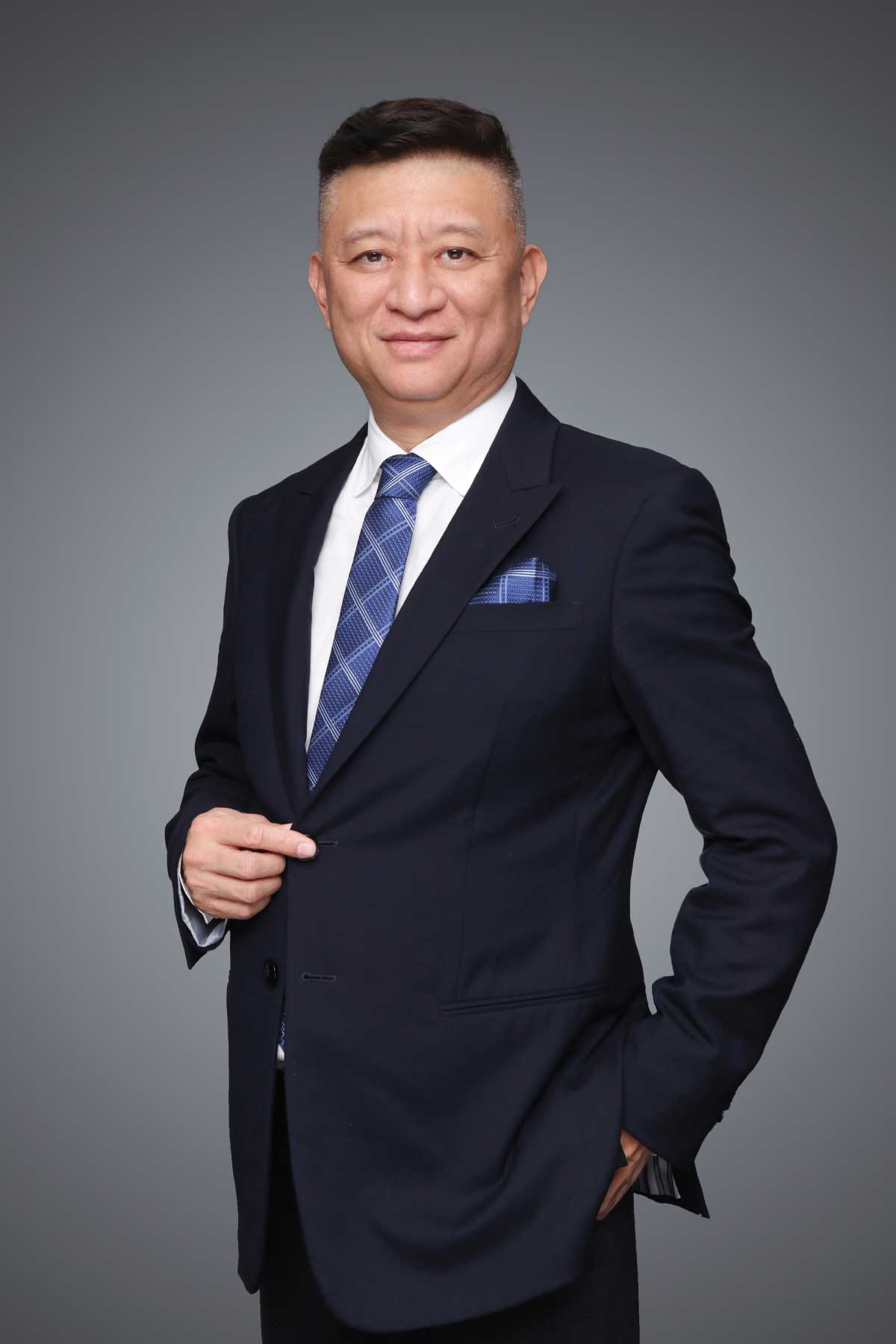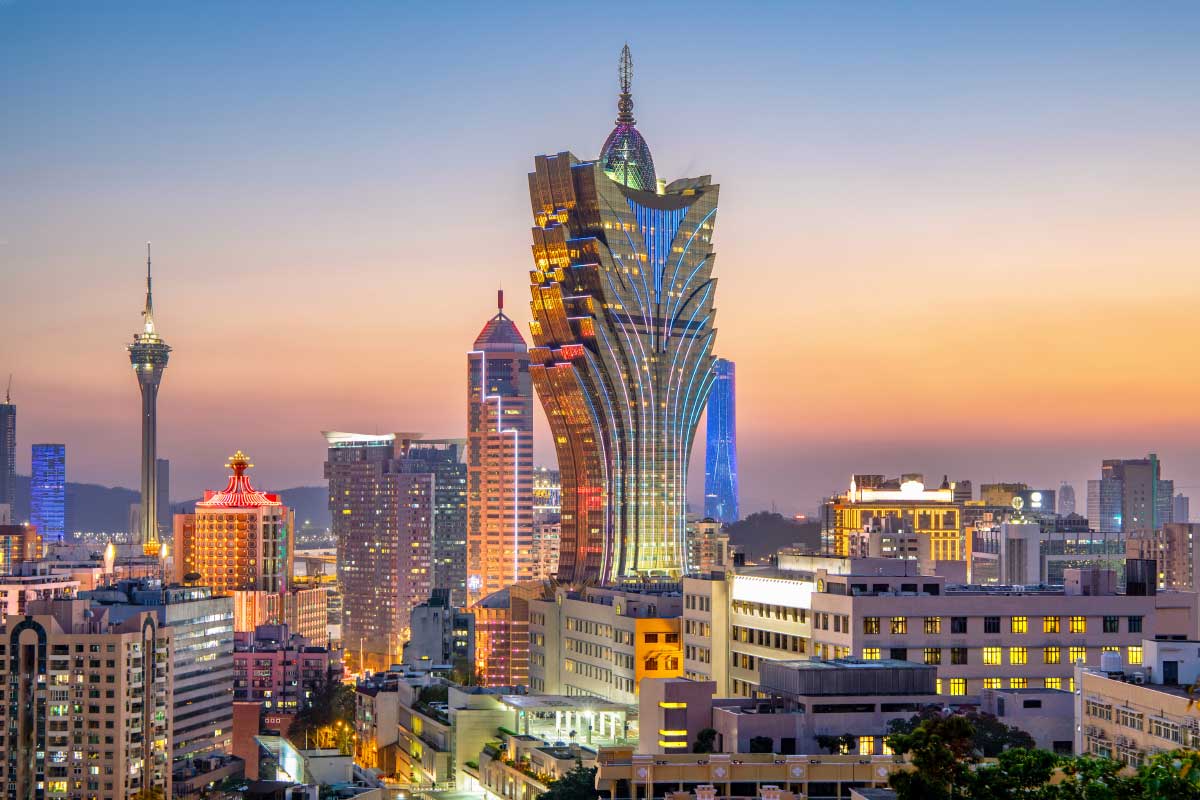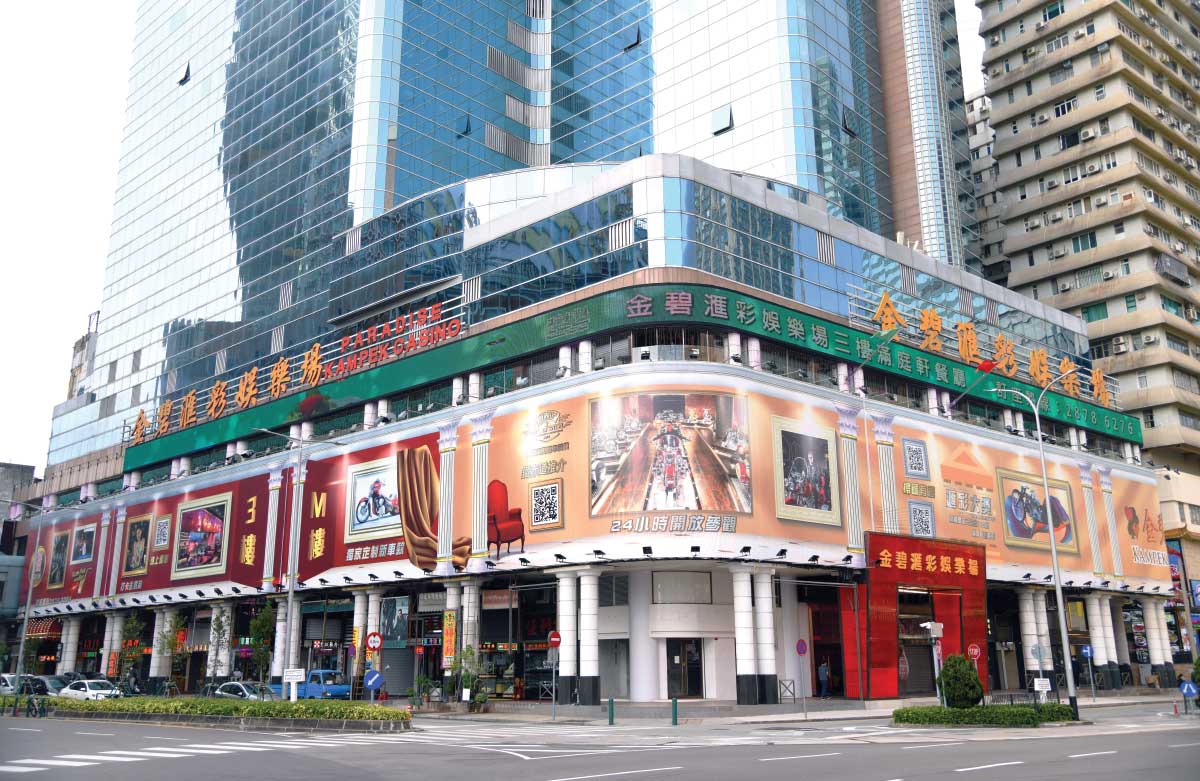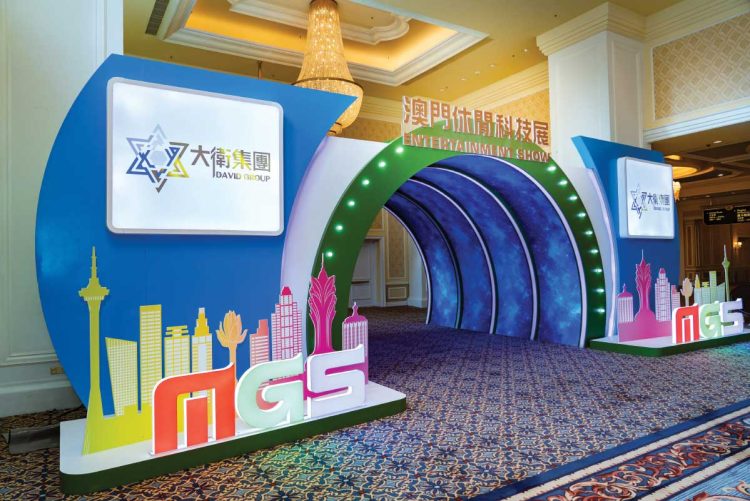Inside Asian Gaming speaks with Jay Chun, Chairman of the Macau Gaming Equipment Manufacturers Association (MGEMA), about the return of MGS Summit on 17 November and his thoughts on recent developments in Macau’s gaming industry.
IAG: Thanks for chatting with us Jay. MGS returns in November for the first time in two years, albeit in an online format. Why did you decide that now was the right time for the conference to return and why the decision to move to online only in 2021?
Jay Chun: MGS continues to be a profound and professional entertainment show, which provides the latest insights and networking and is one of the “one stop” entertainment business hubs across the continent. We believe that networking, communication and information exchange is necessary for the development of the industry under all circumstances, which is why we insisted upon holding MGS in summit format as an industry platform this year.
Health and safety have always been our top priority and the uncertainty created by the ongoing COVID-19 pandemic last year caused us to defer our show. In light of this continued uncertainty in 2021 for a viable physical show, unknown guidance on large public gatherings and global travel restrictions, we have come to the conclusion that we cannot hold an in-person show this year and will concentrate instead on an online MGS Summit.

IAG: What can we expect from this year’s conference? What are some of the key topics that will be addressed?
Jay Chun: The 2021 MGS Summit will focus on the most concerning issues during these unprecedented times, from economic topics such as Digital RMB, the Hengqin Deep Cooperation Zone and electronic payments to up-to-date gaming issues such as public gaming policy, tourism and business recovery, sports betting and casino concessions.
We are also glad to have senior representatives from major gaming concessions and manufacturers providing their insights about the post-COVID business recovery from their unique perspective on two select panels.
IAG: Why should people register to attend this year’s event?
Jay Chun: As the theme “S.U.N. – Sustainability, Unite, Network” indicates, the 2021 MGS Summit provides a unique and innovative networking opportunity via its designated online summit platform that can unite the wisdom and thoughts of all participants from all around the globe to achieve sustainability of the industry.
The 2021 MGS Summit also provides two options for different kinds of attendees. Guests can choose to view the online summit for free or choose to purchase a premium ticket to get speaker’s notes and presentation files for extensive participation.
IAG: Of course, MGS comes at a fascinating time for the industry in Macau and regionally. What are your own predictions for the year ahead when it comes to the pace of Macau’s recovery?
Jay Chun: As the COVID-19 outlook had stabilised in Macau and the pandemic control and prevention measures have been loosened at the ports of entry between neighboring Zhuhai, Guangdong province and Macau, I predict a steady turn in 2022. The recovery will begin with a steady rebound in visitor arrivals due to COVID-19 vaccination rates continuing to grow domestically.
I think that a full recovery requires over 80% to 90% vaccination coverage for both Macau and Mainland China and probably also a third booster shot.
IAG: How do you think the COVID-19 pandemic will change Macau’s gaming landscape in the long-term?
Jay Chun: In the long run, designs for gaming tables and arrangements for slot machines will take into account how to ensure social distancing and safety in the event of a pandemic outbreak in Macau. I see the existence of temperature detectors at the entrance of every casino maybe becoming permanent.
 IAG: The Macao SAR Government recently published proposed revisions to Macau’s gaming law. Did any of those specific revisions catch your attention and what are your thoughts on those proposals? Do you have any concerns?
IAG: The Macao SAR Government recently published proposed revisions to Macau’s gaming law. Did any of those specific revisions catch your attention and what are your thoughts on those proposals? Do you have any concerns?
Jay Chun: The third item of the consultation text increases the statutory requirements for the supervision of approved companies. It is understandable to strengthen supervision, however, the third point on profit distribution suggests corporate dividends must be approved by the government, which is against the rules of business operation. No one would be willing to participate in an investment when they do not know when they will get a return. This will “scare away” investors in the gaming industry and violating the rules of the commercial market will only undermine Macau’s long-term investment environment.
In terms of social responsibility and non-gaming elements, concessionaires pay taxes in accordance with the law, protect the rights and interests of employees, properly implement responsible gambling work, support local enterprises and mostly use local suppliers to fulfil their corporate social responsibilities. Other aspects should be fully defined because there is no “endless social responsibility”.
Similarly, non-gaming elements also need to be clearly defined. Non-gaming elements such as catering and retail will only squeeze local SMEs. Non-gaming elements may be defined as the construction of hardware facilities. For example, the construction of convention and exhibition centers and performance venues will allow the development of local conventions, exhibitions, performing arts and cultural undertakings, but they do not operate in the industry. Only this way can the economy of Macau be appropriately diversified.
IAG: The proposed revisions did not mention Macau’s satellite casinos. Do you have any thoughts on how this part of the industry could or should be addressed, or would you like to see Macau maintain satellite casinos in their current form?
Jay Chun: Satellite casinos should be granted legal status. The issue of satellite casinos is a problem left over from history, but it is also a unique model in the development of Macau’s gaming industry. The assets of the 18 satellite casinos currently exceeds MOP$50 billion (US$6.2 billion) and they have made a significant contribution to Macau’s economic development and job creation in the past 20 years. The overall scale of the satellite casinos combined is by no means inferior to any current gambling concession holder. The number of local employees employed by the satellite casinos accounts for about 15% of the local gambling workforce. At the same time, it has also cultivated the surrounding catering and retail industries.
Satellite casinos are an existing fact and the government cannot turn a blind eye and ignore it. This industry must have room for survival and development. We (the MGEMA) recommended issuing multiple franchise licenses and giving them legal status so as to stabilize the social environment of Macau and promote the diversified development of the gaming industry.
IAG: As head of the MGEMA, what role can gaming equipment suppliers play in fostering Macau’s long-term prosperity?
Jay Chun: The MGEMA hopes to join hands with colleagues in the entertainment equipment industry in Macau to actively advise on this legislative revision. Macau’s entertainment equipment is currently mostly produced by foreign companies and the development of the local entertainment equipment manufacturing industry is extremely disproportionate to Macau’s leading position in the global gaming industry.
 With the rapid development of science and technology today, the technological content of entertainment equipment continues to improve, including in the fields of IT, animation, game design, big data analysis, high-end manufacturing and more. Likewise, technology in the field of entertainment equipment manufacturing can be extended to a variety of industries, including Internet social games, mobile games, computer games, artificial intelligence, financial technology and other industries, with unlimited application prospects.
With the rapid development of science and technology today, the technological content of entertainment equipment continues to improve, including in the fields of IT, animation, game design, big data analysis, high-end manufacturing and more. Likewise, technology in the field of entertainment equipment manufacturing can be extended to a variety of industries, including Internet social games, mobile games, computer games, artificial intelligence, financial technology and other industries, with unlimited application prospects.
The current entertainment equipment manufacturing industry has actually become a veritable high-tech industry and can be classified as an advanced equipment manufacturing industry.
If the government can support the industry in terms of policies, such as requiring a certain percentage of casino gaming equipment to be produced locally, then just like croupier’s having to be local, it is very helpful to this industry.






























